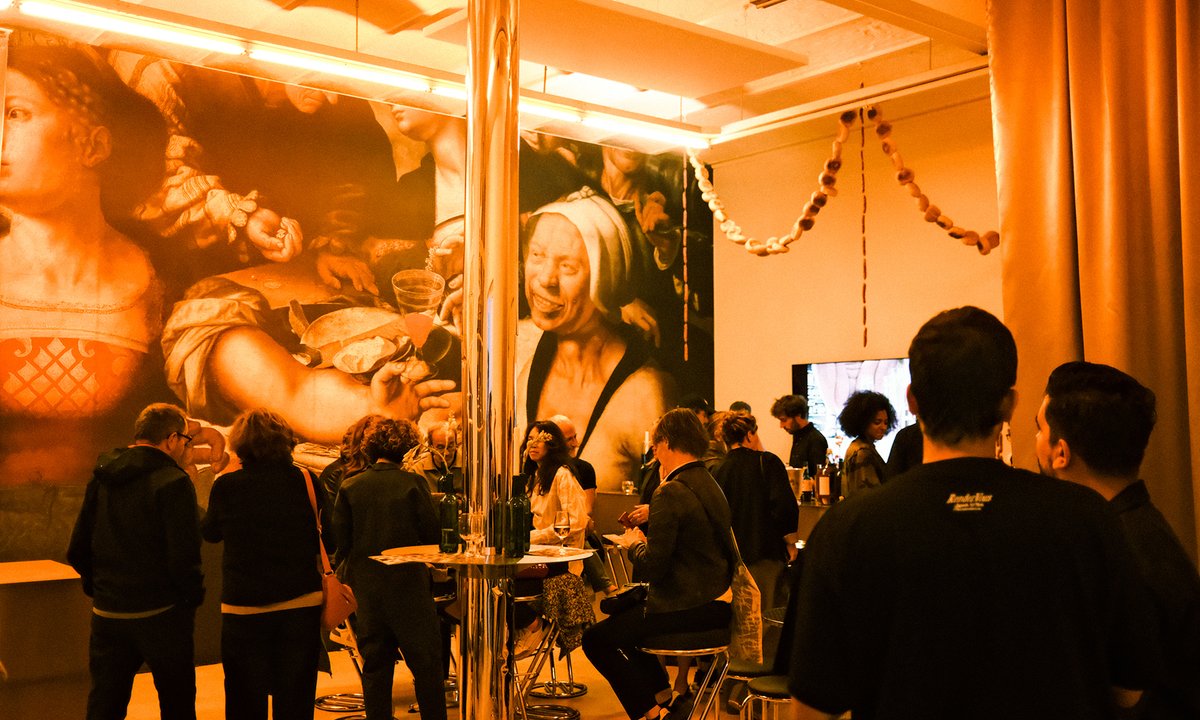
"Though often overshadowed by Paris, London and Berlin, Brussels has for decades quietly nurtured an impressive ecosystem of galleries, artist-run spaces, and strong institutional programming at Wiels, Bozar, and the forthcoming Kanal Centre Pompidou (opening in 2026). Earlier this month, those spaces stepped into the spotlight thanks to the inaugural Brussels Art Week (5-8 September), which staked a claim for the city's distinct, contemporary voice amid a crowded art calendar."
"Brussels Art Week brought together gallery openings, artist talks, institutional shows, performances, and offsite interventions across multiple neighbourhoods in the city, all co-ordinated under a new, non-profit organisation, RendezVous. The co-founders of RendezVous, Evelyn Simons and Laure Decock, say the aim was never to replicate the fair model but to reframe Brussels as a destination. "The classic fair model has proven, for many, not to be working as well anymore," they explain."
"Instead, the focus was on a highly curated, stylised approach, complete with its own distinctive branding and merchandise: an elegant swan logo, diamanté studded T-shirts (with sale profits donated to Gaza Soup Kitchen), and cigarette lighters engraved with the question "Can I show you my portfolio?" The founders describe this as a deliberate attempt to create a format tailored both to Brussels and to the shifting demands of today's art market."
Brussels has long nurtured an ecosystem of galleries, artist-run spaces, and institutions such as Wiels, Bozar and the forthcoming Kanal Centre Pompidou (opening 2026). The inaugural Brussels Art Week (5–8 September) coordinated gallery openings, artist talks, institutional shows, performances and offsite interventions across multiple neighbourhoods under the non-profit organisation RendezVous. Co-founders Evelyn Simons and Laure Decock framed the event to avoid replicating the classic fair model and to bridge commercial galleries, artist-run initiatives and institutions. The programme emphasised curated, stylised presentation and distinctive branding and merchandise while prompting questions about whether a decentralized art-week format can generate significant market impact.
Read at The Art Newspaper - International art news and events
Unable to calculate read time
Collection
[
|
...
]